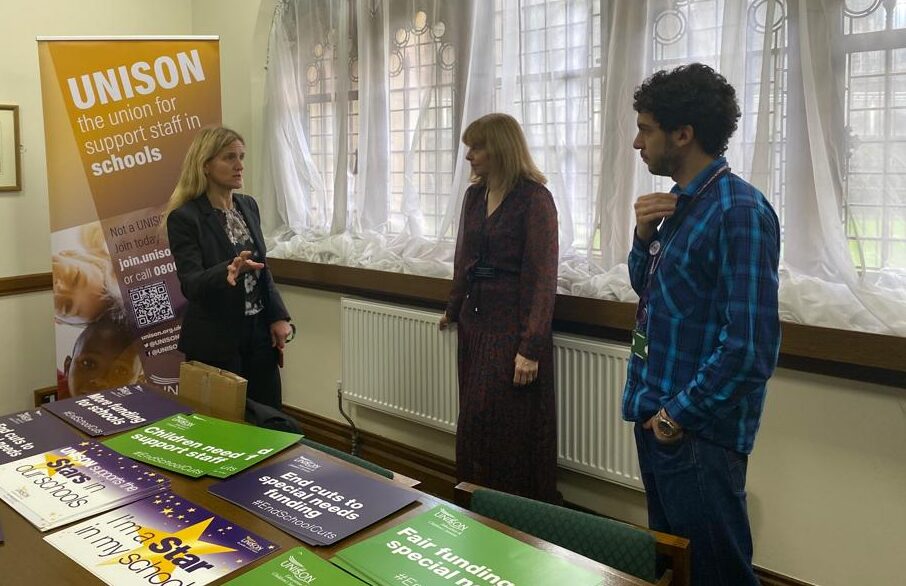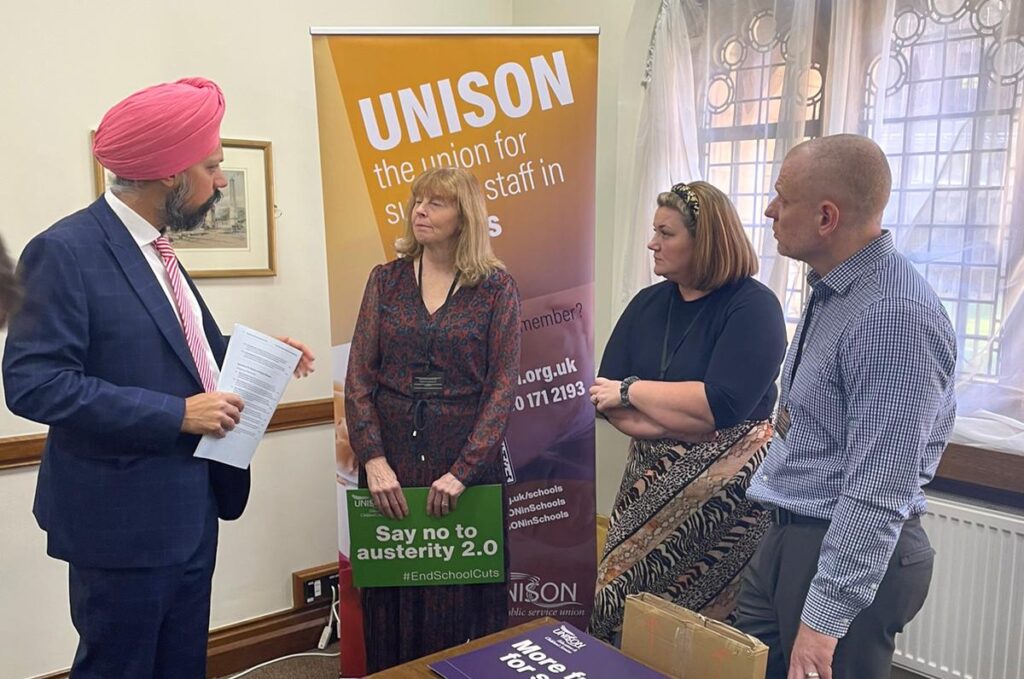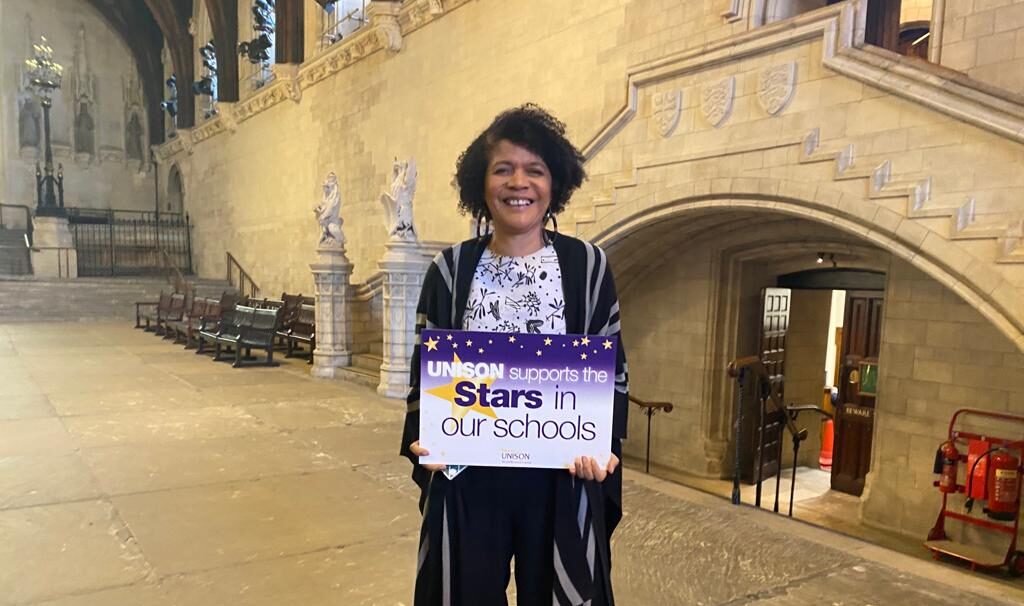Earlier this week, the Labour Party pledged to restore the School Support Staff Negotiating Body (SSSNB) if they win the next general election.
Under a Labour government, the reconstituted SSSNB would become the negotiating body covering terms and conditions for teaching assistants, caretakers, office staff, technicians, catering staff, cleaners and all other support staff working in schools.
As the three recognised support staff trade unions UNISON, GMB and Unite would be responsible for negotiating on the SSSNB.
UNISON previously worked with the last Labour government to create and introduce the SSSNB before it was scrapped shortly after the Conservatives took power in 2010 by then education secretary, Michael Gove.
The union has been campaigning for the reintroduction of the SSSNB since it was scrapped and the announcement on Tuesday, from the shadow education secretary, Bridget Phillipson, marks a key step toward achieving that goal.
In her speech, Ms Phillipson said: “School leaders, especially in our best schools, rightly tell me about the vital role of their support staff and they will be crucial to delivering the high and rising standards Labour wants to see in all our schools.
“Teachers get their voice heard in the national conversation but too often support staff don’t. That’s why the last Labour government was right to create a negotiating body to look at their terms and conditions across our country, and that is why the next Labour government will do the same.
She announced the measure as part of Labour’s wider education policy saying they will “reset the relationship between schools, families and the government.”
UNISON believes the SSSNB is key to providing professional recognition for a group of staff which has been overlooked by the government for too long.
The body would work toward a number of goals for support staff including: giving them a proper voice in the national education conversation; achieving fair pay and helping move towards a synchronised package of terms and conditions across the country; and ensuring that they are properly rewarded for their work and granted opportunities for professional development.
Commenting on the announcement Mike Short, UNISON’s national secretary for education and local government, said: “School support staff play essential roles in supporting pupils in a wide variety of ways.
“However, too often, they are taken for granted and lack clear career progression. A dedicated pay and reward system would ensure they are fairly paid for what they do, as well as provide a career structure and opportunities for professional development.”
The article Labour commit to restore School Support Staff Negotiating Body first appeared on the UNISON National site.


